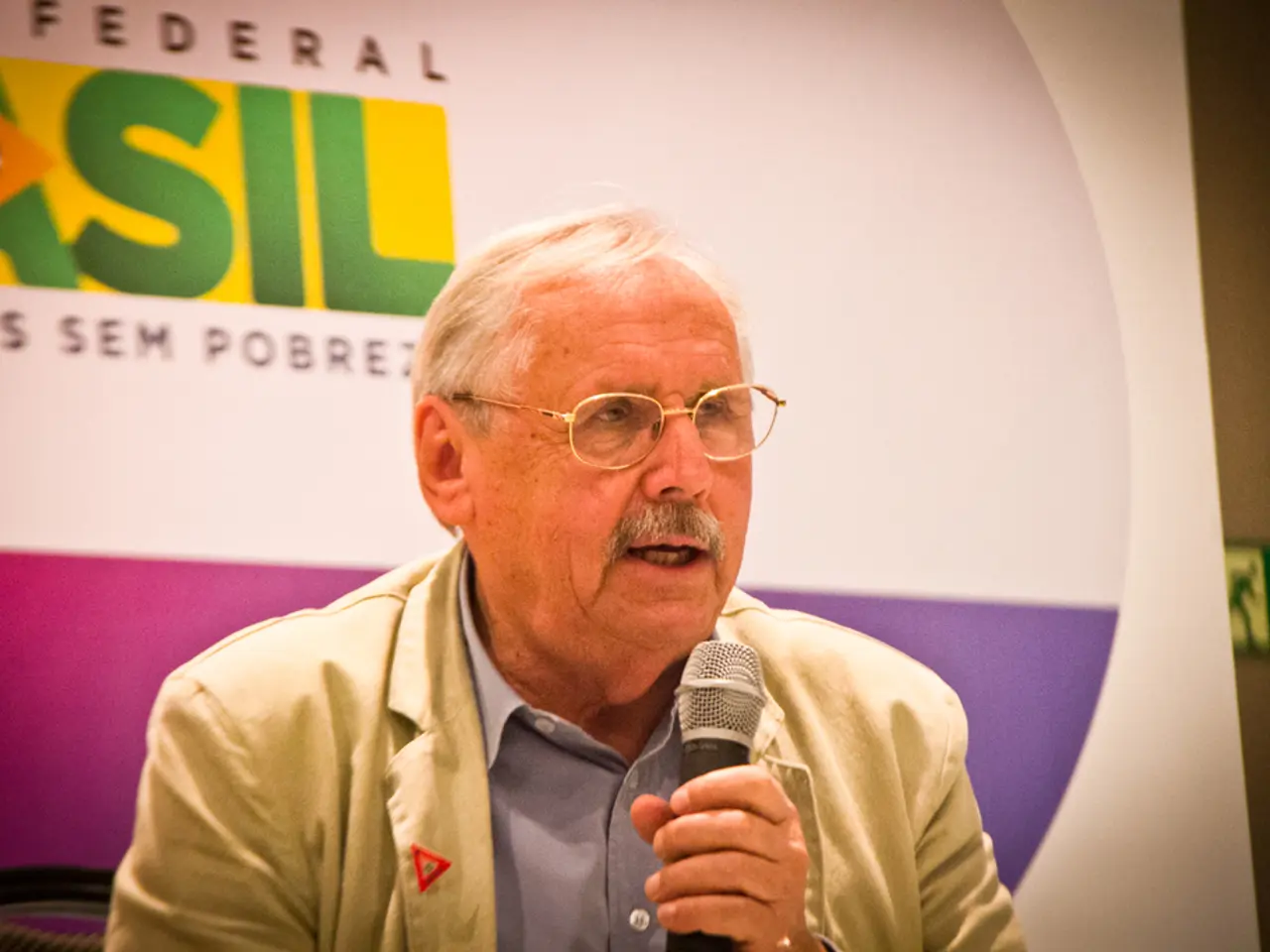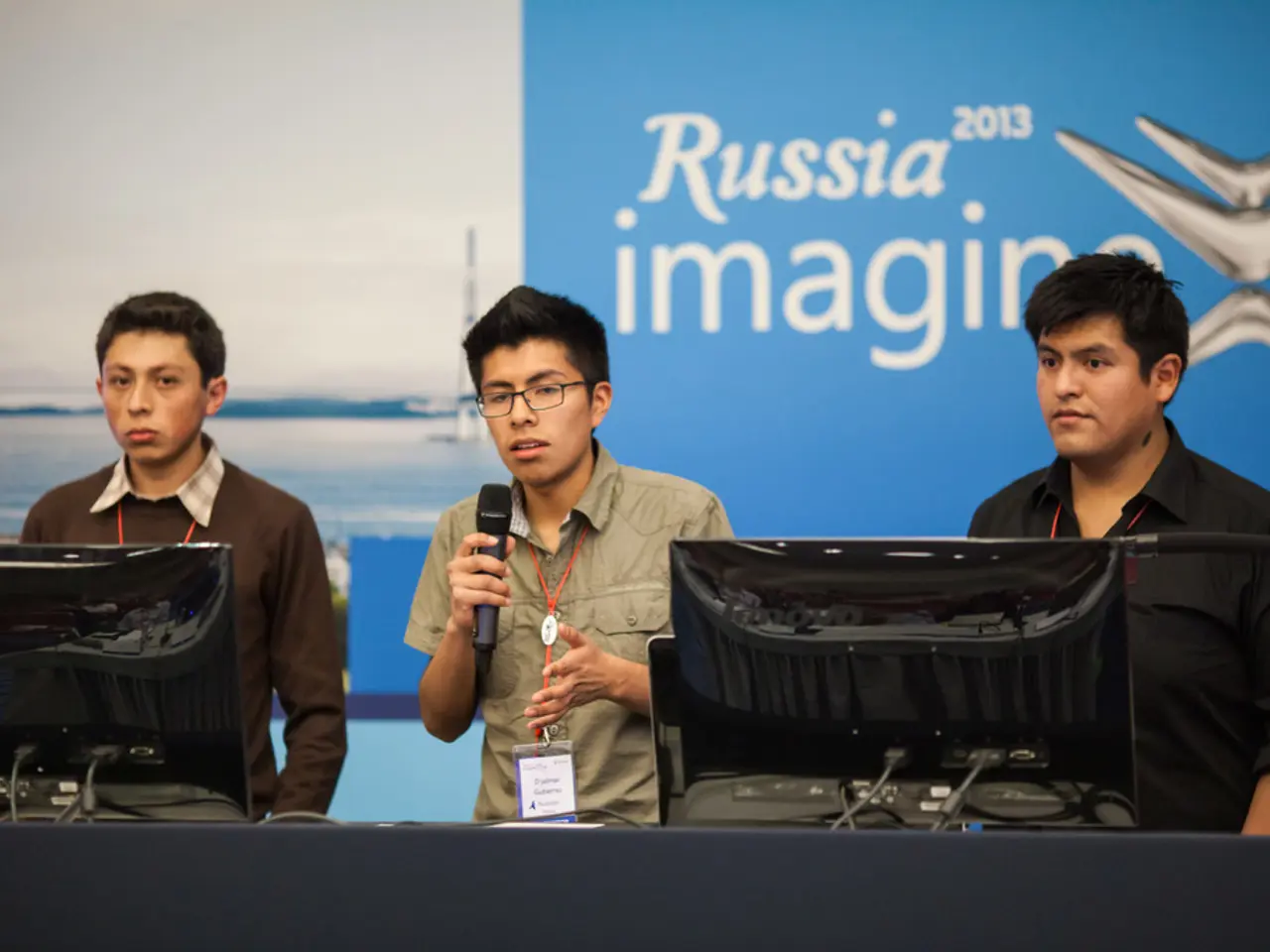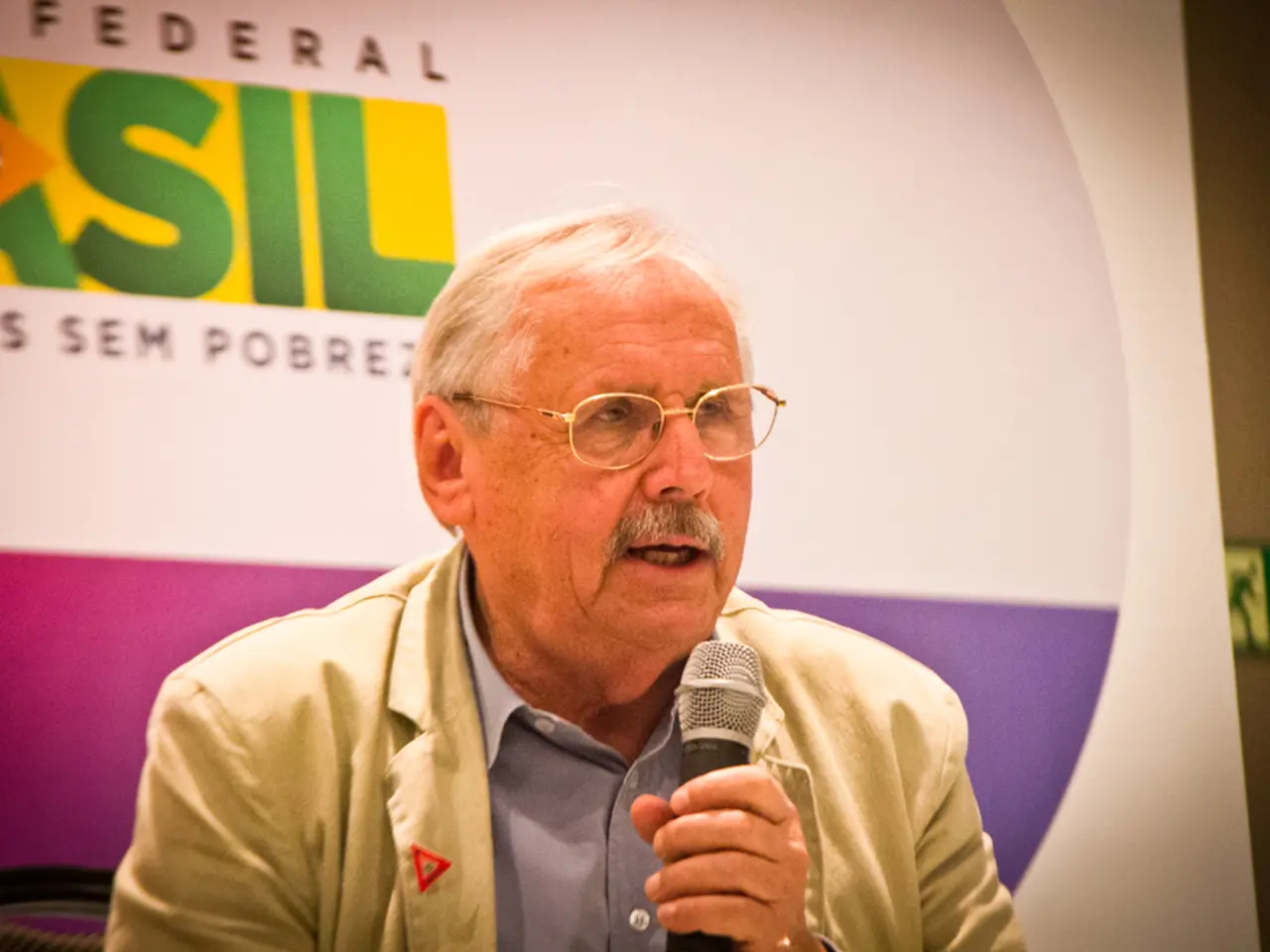After the departure of Brosius-Gersdorf, what follows?
The German Bundestag is currently in a stalemate as it struggles to secure the necessary two-thirds majority for the appointment of three new justices to the Federal Constitutional Court. This impasse is primarily due to the withdrawal of SPD's candidate, Frauke Brosius-Gersdorf, amid coalition disagreements and political controversies.
Key Points and Current Steps
Failed Election and Candidate Withdrawal
The initial vote to appoint the new justices was postponed when Brosius-Gersdorf failed to obtain the required two-thirds majority. Her candidacy faced significant opposition within the CDU/CSU faction due to her liberal positions on abortion, compulsory COVID-19 vaccinations, and support for banning the far-right AfD party. Brosius-Gersdorf subsequently withdrew her candidacy, deepening the coalition's struggle to reach consensus.
Two-Thirds Majority Requirement
The appointment of Federal Constitutional Court justices requires a two-thirds majority in the Bundestag. Candidates are also nominated by a parliamentary judicial selection committee, which also requires a two-thirds majority. The failure to achieve this has caused the current deadlock.
Coalition Tensions and Accusations
The SPD accuses the CDU/CSU of breaking prior agreements on supporting the nominated candidates, while the CDU/CSU faction remains divided, with conservative members opposing the SPD-nominated candidate. This disagreement has deepened coalition tensions and contributed to a political crisis within the governing coalition.
Proposals and Steps to Resolve the Deadlock
- The Greens parliamentary leader and some coalition members urge holding a special Bundestag session to resolve the matter without further delay, especially before the summer recess ends in September.
- The SPD indicates it remains committed to Brosius-Gersdorf but is open to changing the candidate to achieve coalition consensus and break the impasse.
- Chancellor Friedrich Merz and CDU/CSU leader Jens Spahn have been trying to persuade their parliamentary group to support a candidate chosen by consensus, though with limited success.
- Negotiations continue behind closed doors in the parliamentary judicial committee, which prepares nominations with representatives from all parties, aiming to find a candidate acceptable to a two-thirds majority.
Timing
The Bundestag has postponed the vote to after the summer recess, with the timeline for rescheduling still unclear but pressured by coalition partners and parliamentary groups to act soon in order to maintain government stability.
Criticism and Controversy
- Union faction leader Jens Spahn (CDU) is criticized by the Greens and Left for his role in the Federal Constitutional Court candidate election process.
- Brosius-Gersdorf also criticizes some media reporting, stating that it became more factual later.
- Brosius-Gersdorf criticizes the Union faction for failing to engage substantively with her topics and theses.
- Brosius-Gersdorf withdrew to protect the other two candidates and prevent escalation of the coalition dispute over the judges' election.
In summary, the process currently involves seeking a compromise candidate acceptable to at least two-thirds of the Bundestag, with ongoing discussions between coalition partners and internal CDU/CSU deliberations, alongside calls for urgent parliamentary action to avoid prolonged instability related to the Federal Constitutional Court appointments.
- The ongoing deadlock in the German Bundestag, regarding the appointment of new justices to the Federal Constitutional Court, is not only a matter of politics but also policy-and-legislation, as it involves debates about issues such as abortion, compulsory COVID-19 vaccinations, and the ban of certain political parties.
- The impasse in the German Bundestag, due to the withdrawal of SPD's candidate and the coalition's struggle to reach consensus, is also a significant General-news topic, highlighting the challenges and complexities of coalition politics in Germany.






